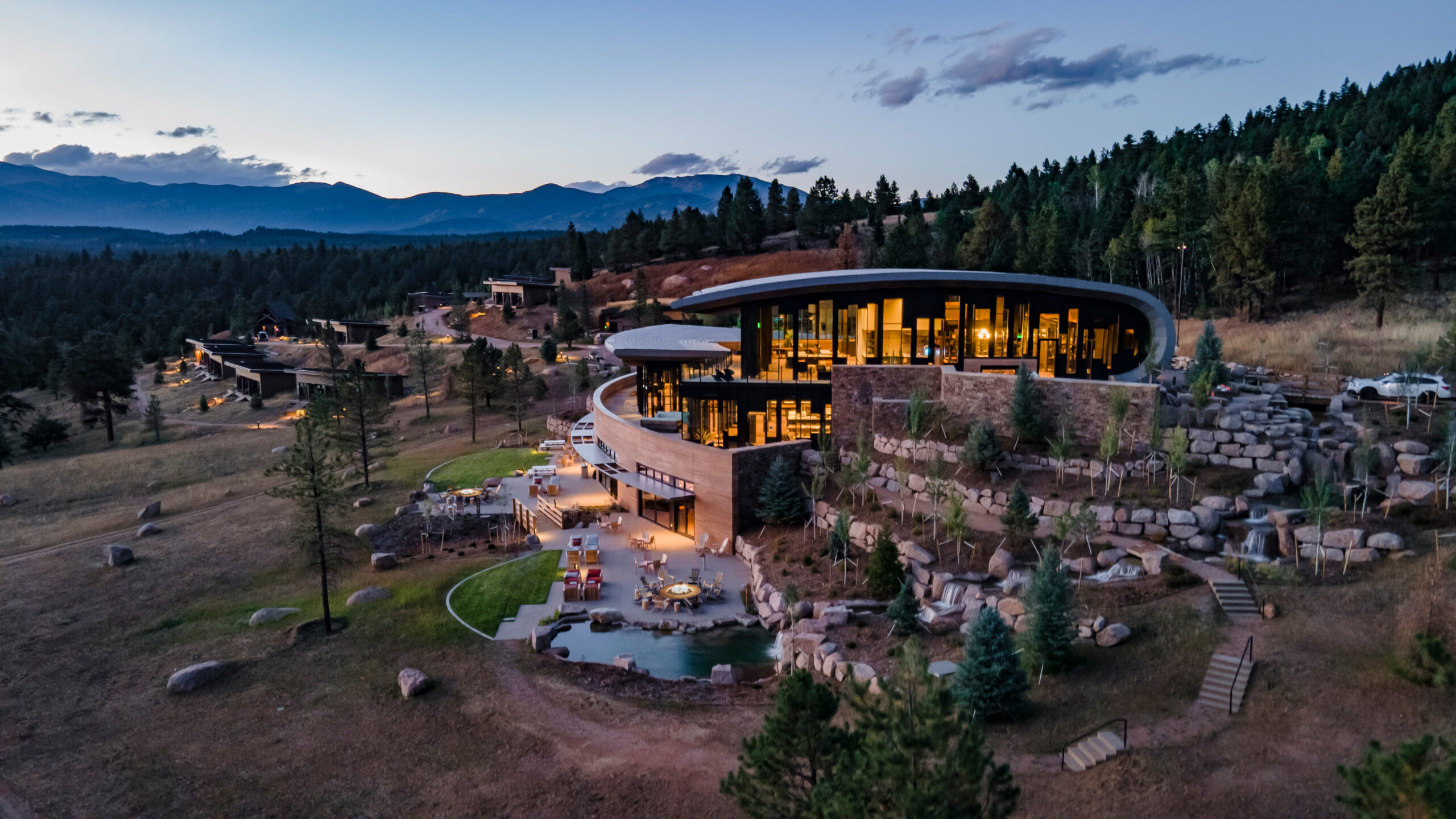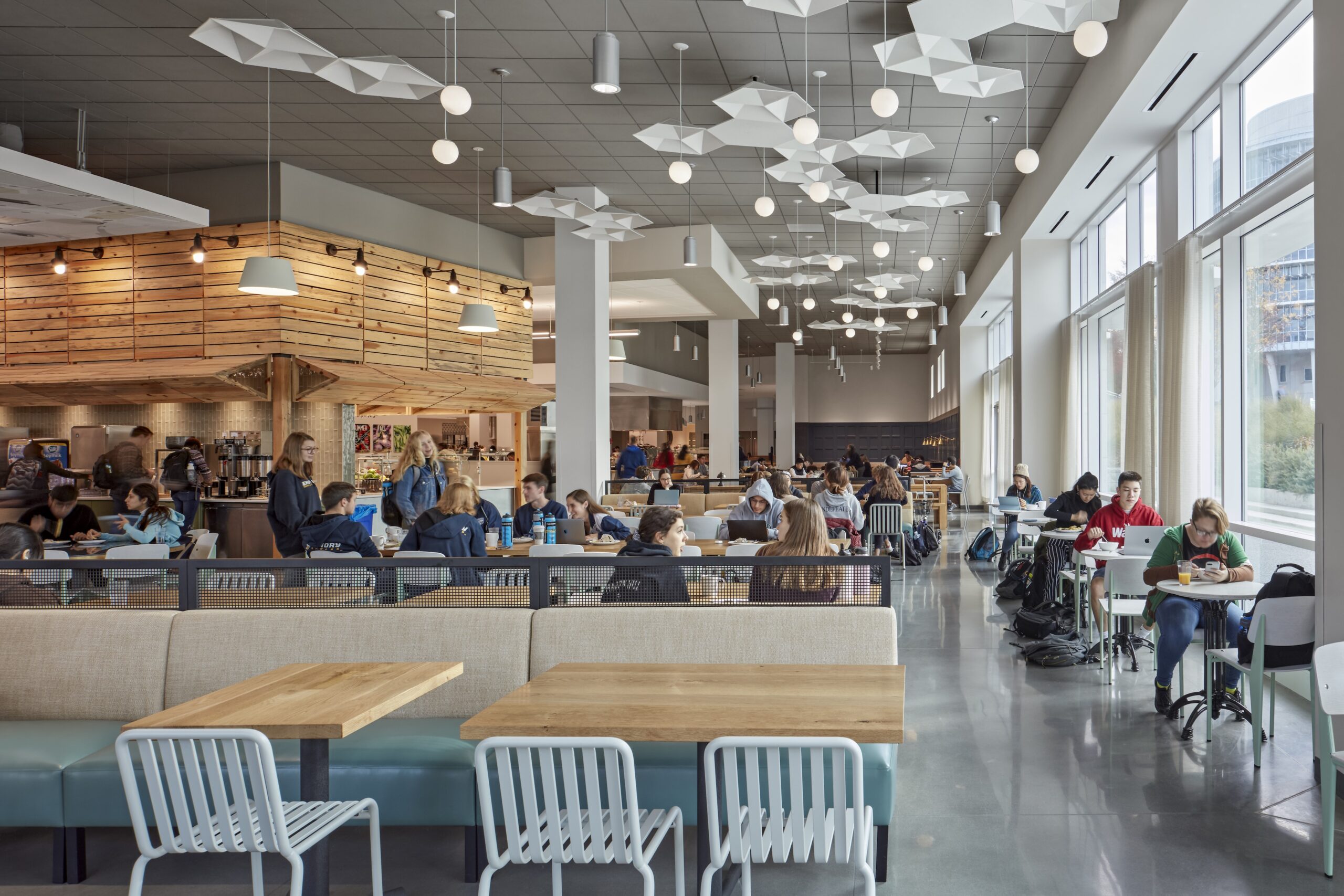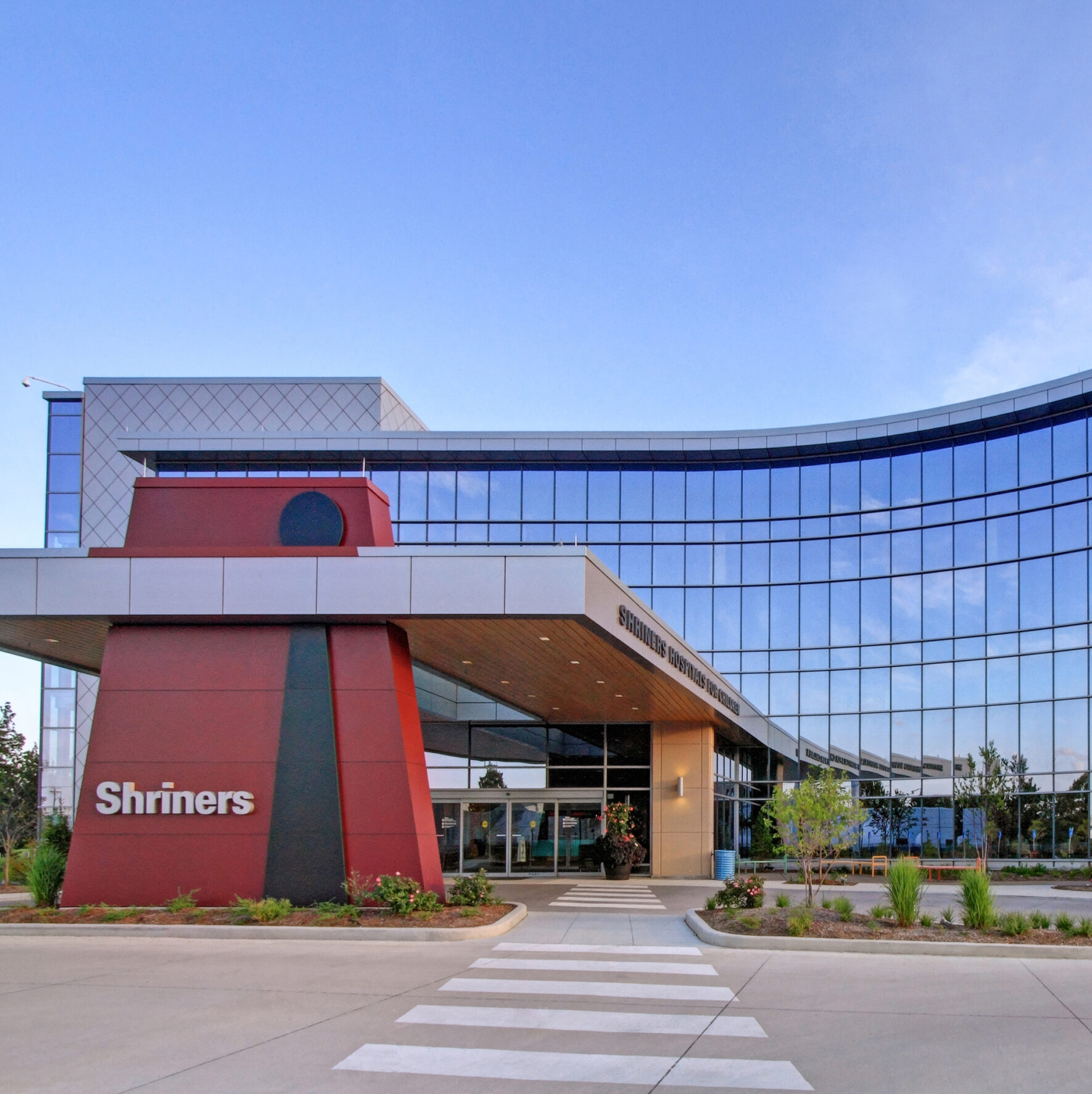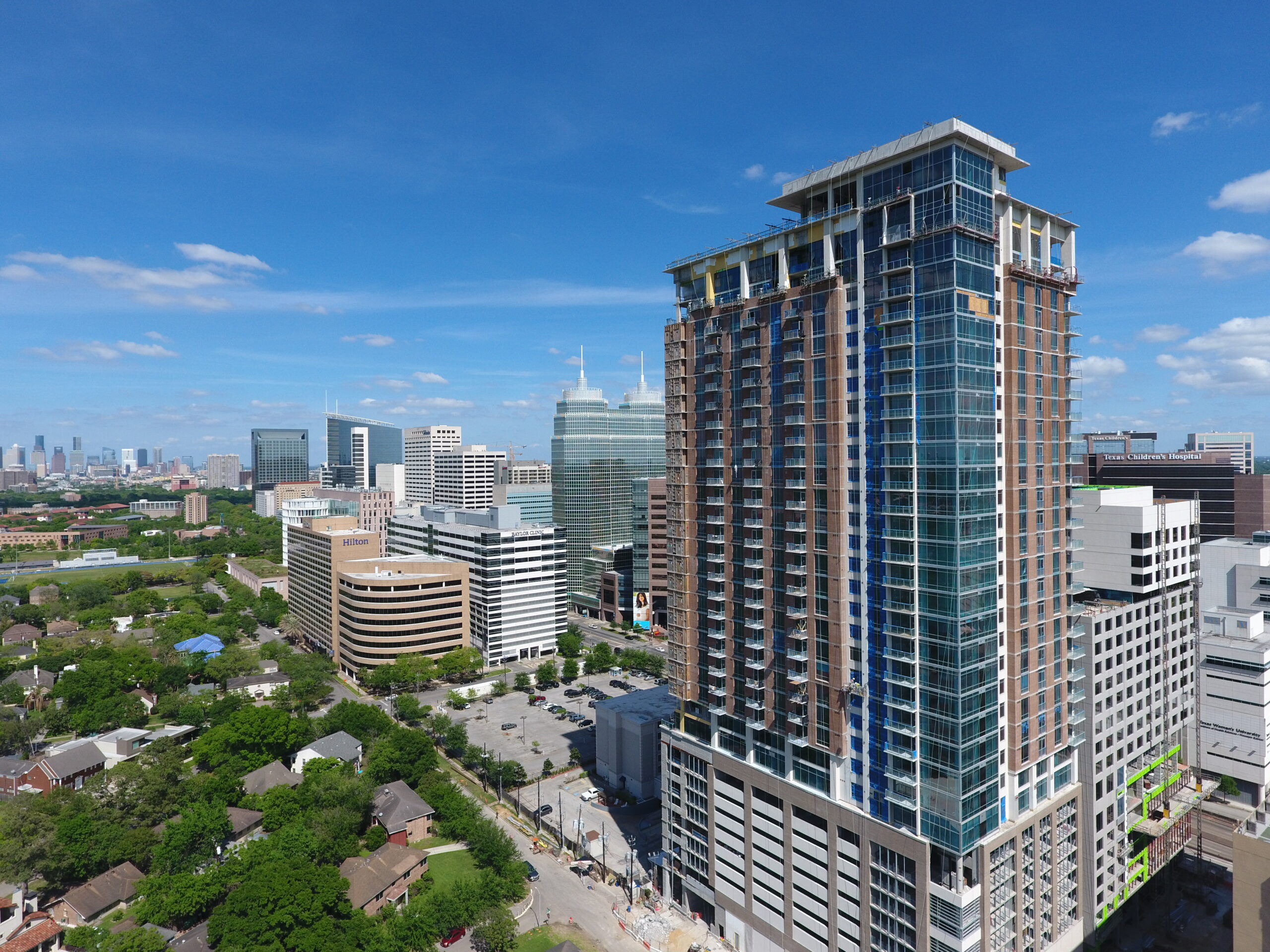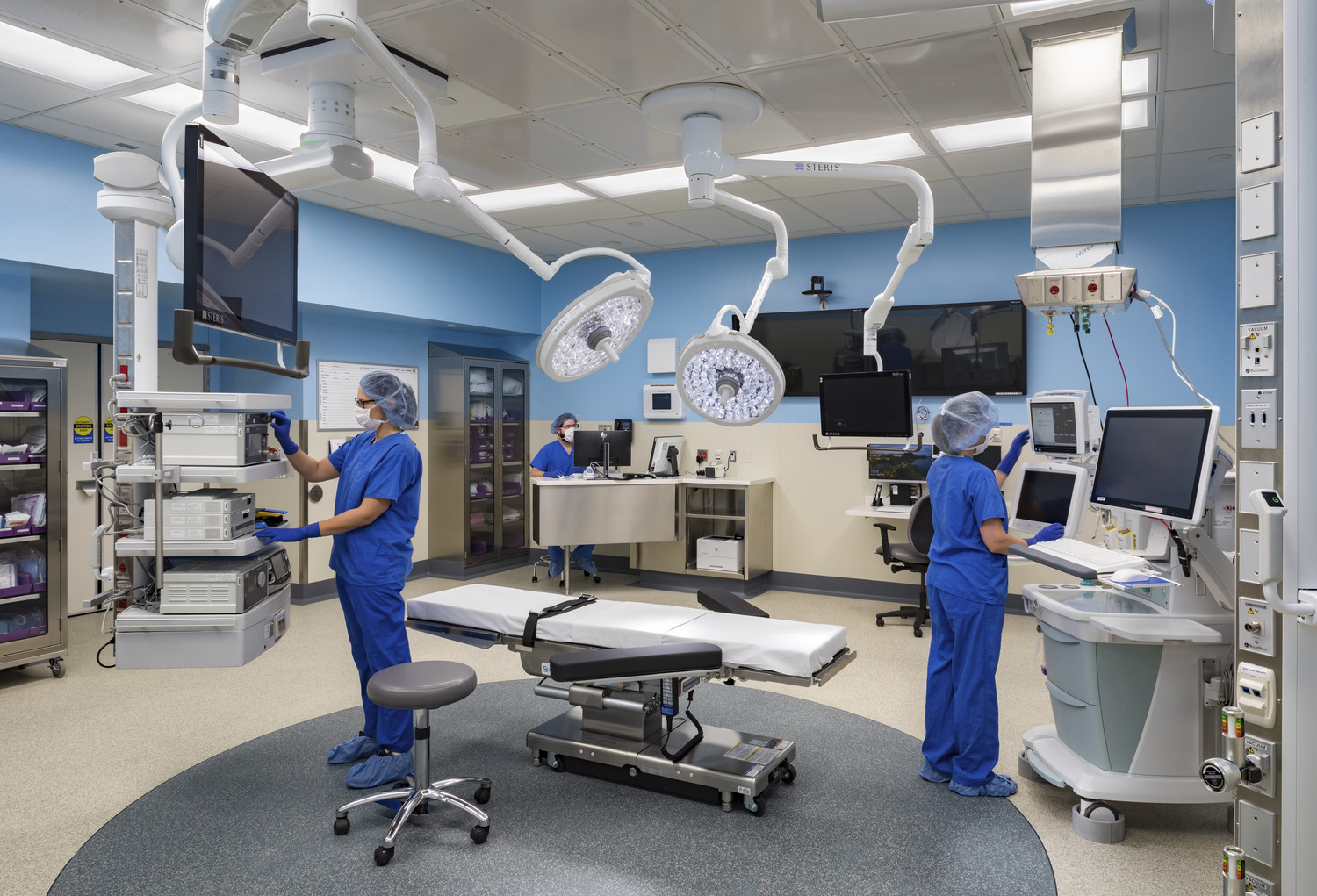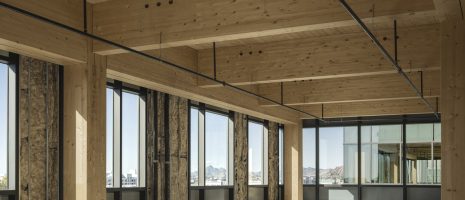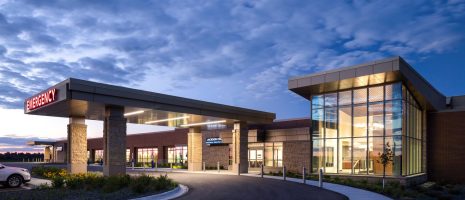Podcast: UW Health bringing a proton center powered by the sun to Madison
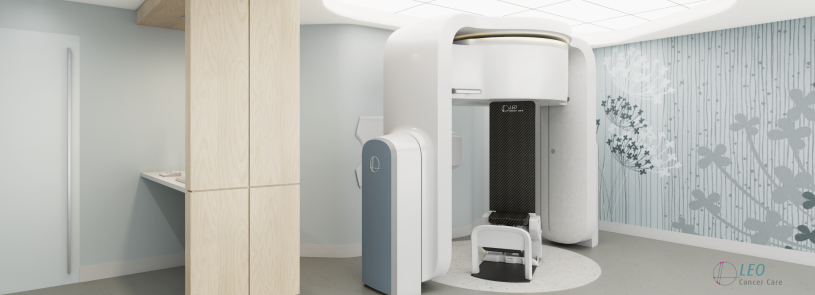
This episode of the IMEG podcast offers a preview of UW Health’s Eastpark Medical Center in Madison, WI. Expected to be fully open by Fall 2024, the seven-story outpatient facility will offer advanced imaging and lab services, destination services, multidisciplinary adult specialties, and women’s complex care. The center also will feature the state-of-the-art UW Health | Carbone Cancer Center, one of the few in the country to offer proton therapy and, in collaboration with Leo Cancer Care, the first healthcare facility in the U.S. to offer upright proton therapy.
Discussing the new center and proton therapy aspects of the project are Jerry McGuire and Steve Mumm, senior project managers for University of Wisconsin Hospitals and Clinics Planning Design and Construction, and Kevin Langan, an IMEG mechanical engineer working on the project. “Proton therapy is a relatively new cancer treatment,” says McGuire. “It’s an advanced form of radiation therapy using a precise dose of radiation that conforms to the tumor itself—reducing side effects and causing no damage to surrounding healthy tissues.” The new center will offer both a rotating gantry where a patient lies down on a couch with the machine rotating around them, and an upright fixed beam system in which the patient sits up. The upright system is being found to provide improved outcomes— offering greater comfort, reducing patient anxiety, and improved accuracy—and is particularly beneficial for pediatric patients.
The planning, design, and construction not only of the proton therapy spaces but also the infrastructure to support the technology was like no other healthcare project. “There were huge implications well beyond the proton therapy space—for example, the chiller plant gets larger, an additional electrical service was added, and larger generators,” said Langan. “It also required a lot of coordination with the proton therapy vendors to make sure we were providing what they needed.” To withstand the neutron dose rates of the treatment bay and contain the radiation, the proton therapy space also required 7-foot-thick concrete walls below grade. A temporary system to pump glycol through tubing within the poured concrete was required to keep the concrete from overheating and to cure appropriately.
Eastpark Medical Center is also seeking LEED v4.1 certification for healthcare and has several sustainable features, including a 1MW rooftop solar array which provides the approximate energy needed to power the proton center. “We basically will have a carbon-neutral proton center in Madison, Wisconsin,” says Mumm.
Listen to the podcast:
